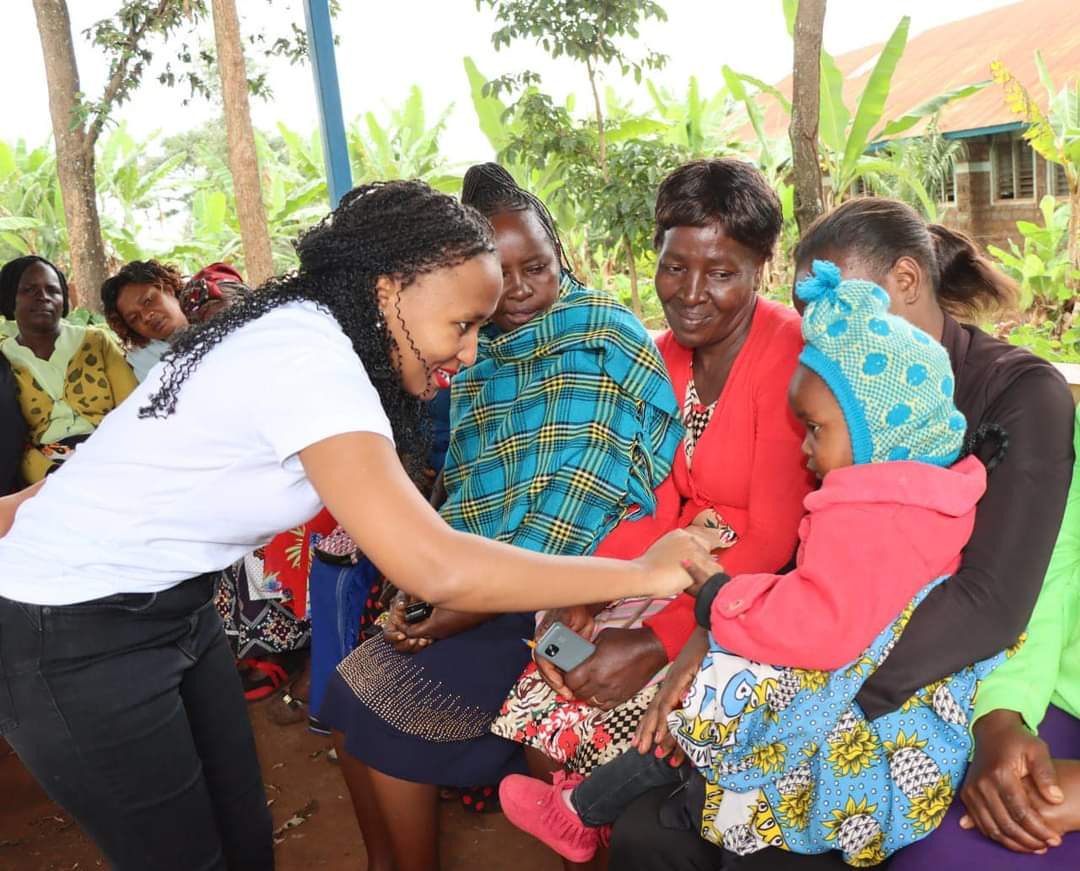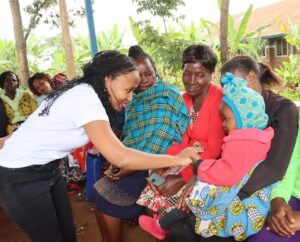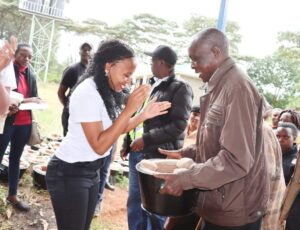Leading consulting engineering and infrastructure advisory firm Zutari, headquartered in South Africa has officially been launched in the country after receiving registration as a fully licensed company in Nairobi, Kenya.
“East Africa has long been identified as a growth area for Zutari, with Kenya at the centre of our expansion initiatives into the region,” says Zutari CEO Teddy Daka.
Diplomatic relations between Kenya and South Africa have been growing since the introduction of a mutual visa-free agreement in January 2023. Engagements between Trade ministries from both countries are set to address trade barriers opening up of business opportunities for both countries.
The advisory firm, which has been involved in a couple of projects in the country including Two Rivers Mall and the Kenya Water Security and Climate Resilience Project, aims to grow its presence in the country through engagements with government agencies such as the Kenya National Highways Agency (KeNHA), Kenya Rural Roads Authority (KeRRA) and Kenya Urban Roads Authority (KURA), in the improvement of transport infrastructure in the country. Other areas of interest for the firm include installation of intelligent transport systems and engagement in private public partnership projects.
In recent years, Kenya has placed more emphasis on the extent to which companies are locally owned. The engineering profession in Kenya is regulated by the Kenyan Engineers Act (2011), which contains stringent requirements for engineering companies and consulting firms who would like to conduct business in Kenya. To ensure compliance to the Act, these organisations must be registered with the Engineers Board of Kenya (EBK). Zutari Kenya Ltd has since reached this important milestone and is now registered with the EBK in civil and electrical engineering disciplines.
“We are proud of the impact our Nairobi office has unlocked through its many infrastructure feats over multiple decades of operating in Kenya. These still stand proudly across all of Kenya, a testament to the enduring power of infrastructure to create the kind of change the world needs today,” comments Paul Lombard, Regional Director of East Africa, Zutari.
As an infrastructure engineering and advisory practice in Kenya, flagship projects to date have included design and management services to support Scania to build the first of 15 global service centres in Nairobi, comprising an extensive warehouse complex, service pits, and offices.
Zutari also provided its services for the East African Community (EAC) Transport Master Plan and was tasked to develop a unified transport and regional road sector development programme for the EAC. The region is served by an extensive road, rail, lake, and pipeline transportation network, as well as two major seaports and several international airports.
Creating a strategy and multi-year development plan to guide regional transport policies and investment involved considerable technical expertise and co-engineered impact by unifying the goals and aspirations of seven member states.
In 2017, Zutari was appointed as an implementation support consultant for a sub-component of the Kenya Water Security and Climate Resilience Project, Phase 1 (KWSCRP-1), funded by the World Bank. The project is aimed at financing critical investments in the water sector in Kenya, promoting sustained investment, and building an enabling legal and institutional foundation.
Zutari completed its first project in Kenya in 1995, resulting in 28+ years of engineered impact across Kenya and East Africa. It has 20+ Kenyan engineering consultants and trusted advisors working from the Nairobi office on projects across Kenya and East Africa. To date, it has been involved with 100+ infrastructure projects in Kenya, spanning full infrastructure lifecycle solutions across the water, transport, energy, resources, and built-environment infrastructure markets.

















